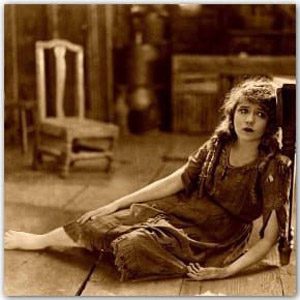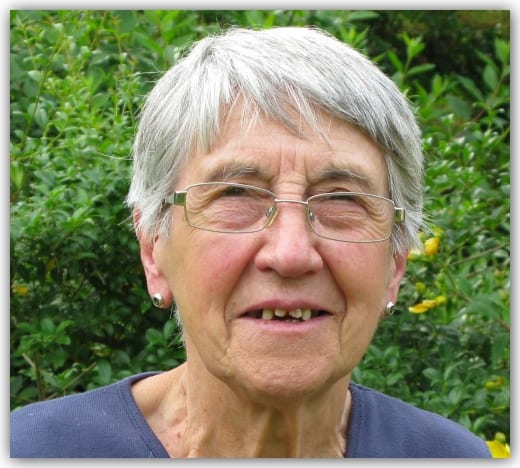
The New Poor Law Workshop
Many of our ancestors lives were touched by poverty at some stage.
Population growth and the emergence of an industrial society made the old poor law increasingly expensive and unworkable. A revised system, the Poor Law Amendment Act of 1834 determined that poor relief should still be administered and paid for locally but under a more uniform and centrally supervised system with government-appointed Poor Law Commissioners in London.
Groups of parishes formed poor law unions, centred on a town, each union administered by an elected Board of Guardians who employed paid officials. Poor relief was given only in a union workhouse where conditions would be less favourable than those of the poorest labourer outside. The documents created by these boards and their officials as well as many government reports provide information both on the individuals who enforced the laws and those whom they supported or failed.
This workshop will both give you context and help you to understand what documents may be available to further your research, plus how to interpret them.
Pre-booking is required so that the meeting link can be emailed to you.
To enjoy this workshop you will need a computer device which has speakers and a microphone. Ideally, also a web-cam. You also need to be able to access your emails from it. First-time users of Zoom will be asked to download a small piece of software. For technical help email: booking@berksfhs.org.uk
Speaker
-
 Joan Dils
Joan DilsJoan Dils is an experienced local historian and writer specialising in 16th and 17th century Berkshire. Her books include: the first and second editions of “An Historical Atlas of Berkshire”, the latter edited in conjunction with Margaret Yates, and Reading St Laurence Churchwardens’ Accounts, 1498-1570: Parts I and II, (Berkshire Record Series). Her latest, “History of Reading”, was published in October 2019.
Joan is president of the Berkshire Local History Association and also the History of Reading Society, and an Honorary Visiting Fellow in History at the University of Reading. She taught history and local history for the former School of Continuing Education at Reading and Oxford Universities where she was a part-time lecturer.

